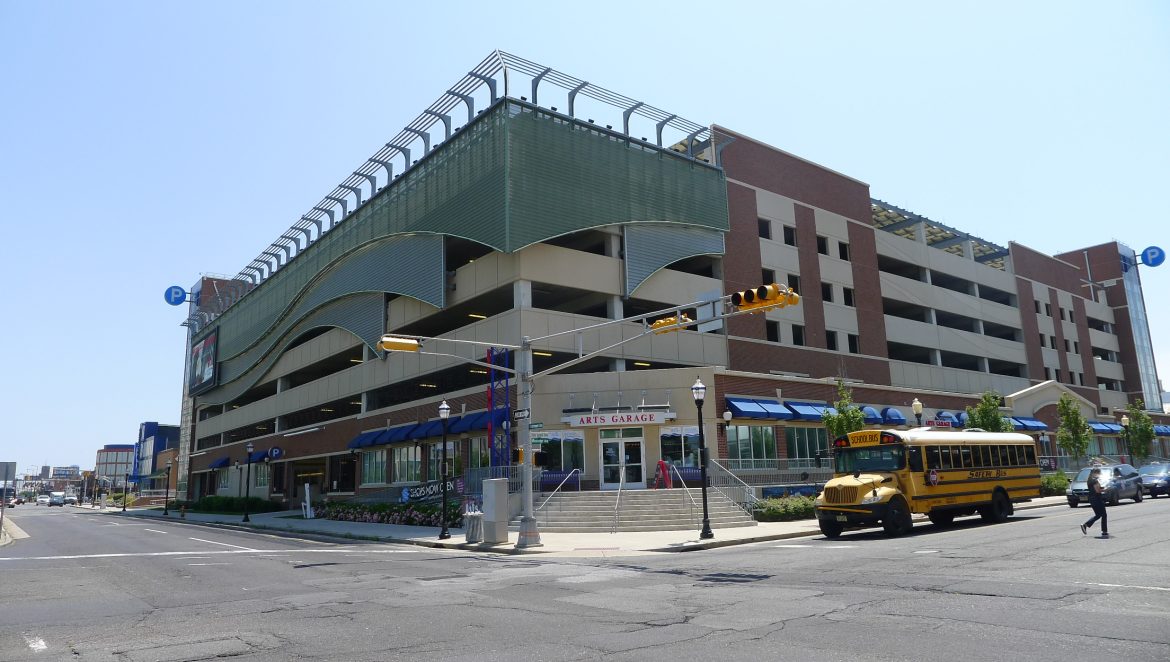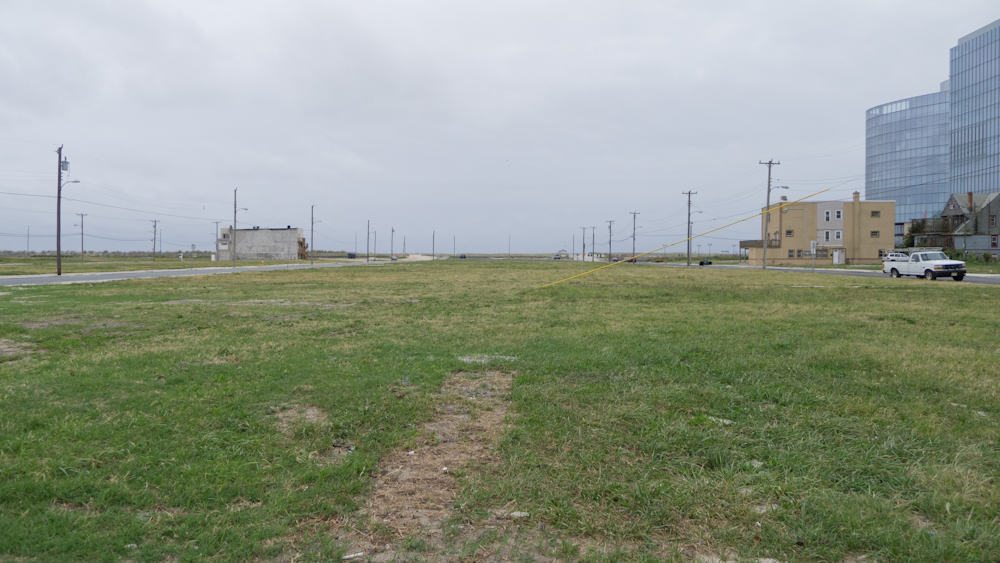Help Needed To Rebuild Atlantic City Memorial Park
|
Councilman Kaleem Shabazz, of Atlantic City’s third ward, stoops to pick up a piece of litter and brush away a weed that’s obscuring a memorial plaque. No one else in the park – and there are about two dozen people hanging out under the large shady trees – seems to notice the councilman’s effort. Atlantic City’s government has secured the bulk of the funding it needs to transform the park from a stopping-place for drug users and homeless people into a recreation area for the hundreds of kids living on the neighboring blocks. But the city is seeking about $100,000 from Atlantic County’s open spaces fund for so-called ‘gap’ funding, to allow the city to officially start the project and release the funding from the non-profits and other organizations that are contributing most of the cash. The problem is that Atlantic County has not approved any open-spaces funding requests in the last two years.







